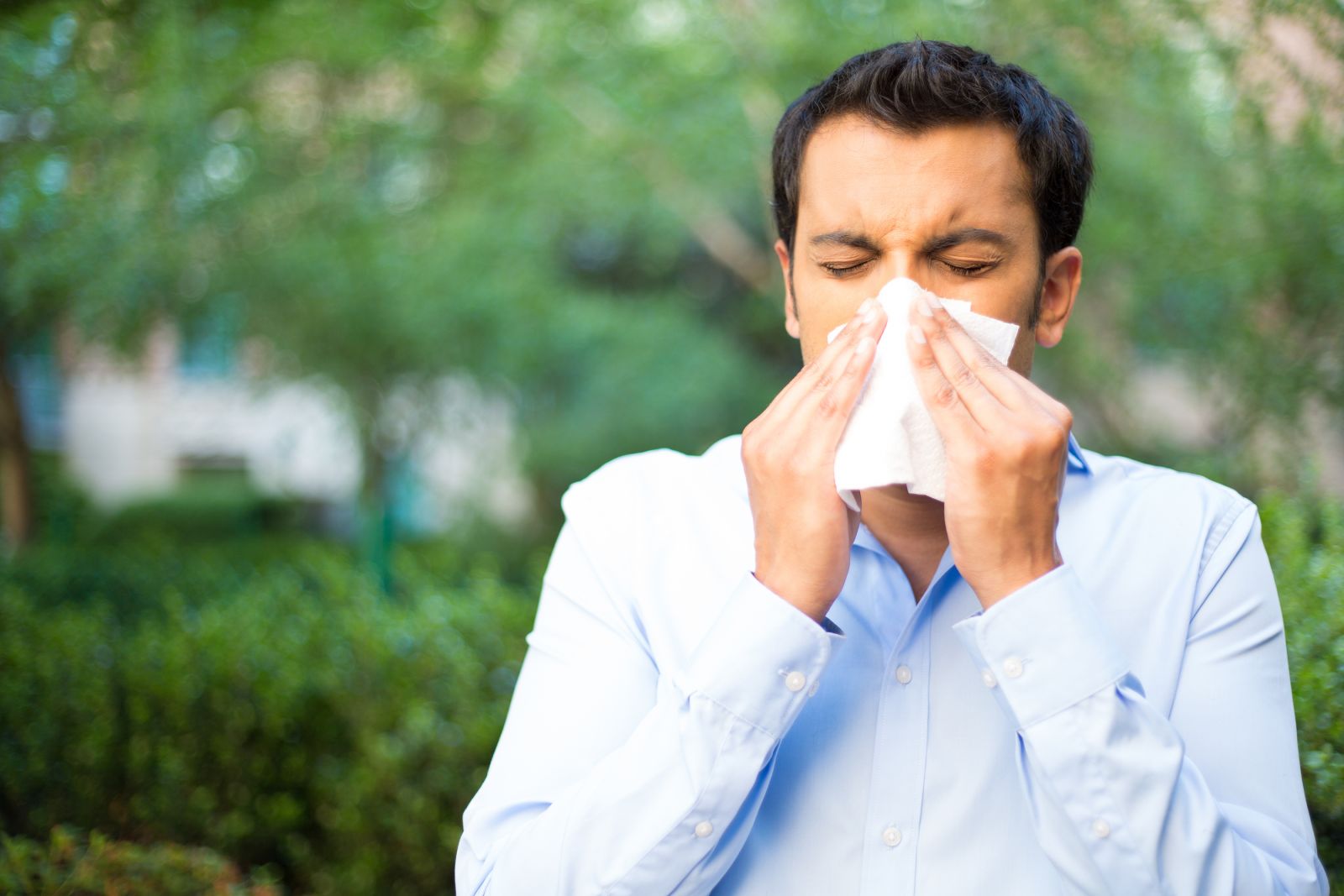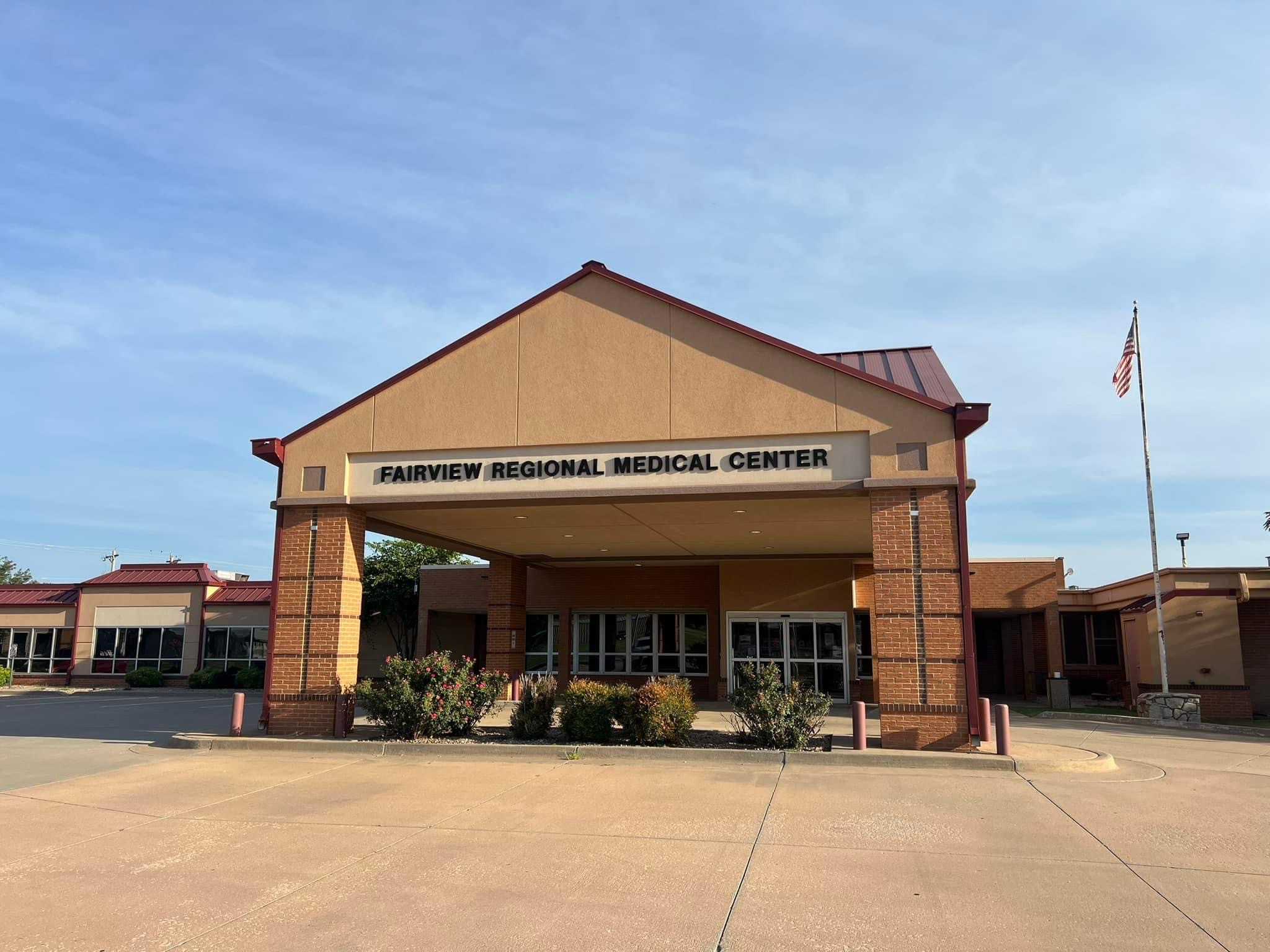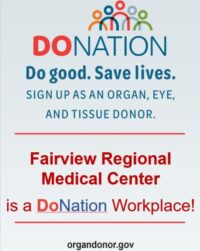Managing Allergy Symptoms
Andrea McEachern, D.O.
As Oklahomans many of us are accustomed to dealing with seasonal flares of allergic rhinitis, when we are plagued with sneezing, runny or stuffy nose, watery eyes, itchy nose and throat. Other common symptoms can include postnasal drip, asthma or bronchospasm, and the sensation of clogged ears or sinus fullness that comes from the body’s inflammatory reaction to allergens. Allergy symptoms are commonly reported in the spring when tree pollens are abundant and in the late summer and fall when ragweed and other grass pollen counts are high. However, allergic symptoms can happen to anyone, even if they haven’t previously suffered from allergies; symptoms can occur any time of year, as mold and dust can trigger a similar allergic response even in winter.
Many symptoms of allergies can mimic those of viral infections, so if these symptoms are associated with a fever, body aches, trouble breathing, vomiting or diarrhea, please see your physician or health care provider. Otherwise, many of the medications to treat allergy symptoms are now available over-the-counter and generally considered safe for most patients, with certain considerations. Children under 2 and pregnant or breastfeeding adults should consult their physicians.
Antihistamines are the typical first choice to control allergy symptoms, and they have familiar names to many of us. Newer non-drowsy antihistamines such as cetirizine (Zyrtec), fexofenadine (Allegra) and loratadine (Claritin) tend to block the body’s histamine response to allergens, so they help with runny nose, sneezing and itching of the eyes, nose and throat. Most of these medicines are available in combination with a decongestant, (i.e. Claritin-D) which is helpful for those with severe nasal or sinus congestion, but any medicine with a “D” like Sudafed is typically sold behind the counter and should also be avoided by anyone with medical conditions such as high blood pressure and glaucoma.
These newer antihistamines are generally safe for most patients to try at home and usually do not cause the side effects such as drowsiness like older antihistamines like diphenhydramine (Benadryl) can. Diphenhydramine is still a useful medication, especially the liquid form which absorbs and acts quickly in the case of a severe allergic reaction to foods, bee stings or irritants. Keep in mind that children can react to Benadryl with hyperactivity or sedation, and it should be avoided in infants. Cetirizine, fexofenadine and loratadine are most effective when taken consistently once a day, every day throughout the allergy season, or year-round for those affected by year-round allergy symptoms. I am often asked if it’s possible to become “immune” to the allergy medicine. The body does seem to get used to these medicines over time, so I recommend if you have been taking one for several months or years and it seems to quit working, try changing to a different daily antihistamine, and this is effective for many patients who switch antihistamines every year or two.
For patients whose symptoms are not well-controlled with antihistamines alone, I recommend adding a nasal corticosteroid spray such as fluticasone (Flonase) or triamcinolone (Nasacort). These nasal sprays are used once daily to control nasal congestion, drainage, sneezing and runny nose. The spray should be aimed inside each nostril, but toward the outer side of the nose and sniffed gently. They are particularly helpful for managing dry cough due to postnasal drip or the “clogged ear” or “plugged up sinuses” sensation that comes with allergies. Nasal steroid sprays work best when used daily and routinely, throughout the season, in contrast to nasal decongestant sprays like Afrin, which should NOT be routinely used. In fact, using decongestant sprays for more than 2-3 days can lead to worsening rebound nasal congestion, so avoid sprays like Afrin beyond rare occasional use.
Another way to manage allergy symptoms is to use a saline spray or saline sinus wash like NeilMed or Netipot throughout the day as desired. The idea behind this process is to gently flush allergens out of the upper respiratory tract and soothe the nasal and sinus tissues. This treatment is known to help prevent and treat symptoms of sinus infections whether caused by allergies or viruses. Be sure to use sterile or distilled water if you are mixing your own saline packets for sinus washes, as using tap water can lead to infection.
Your primary care provider may also consider prescribing nasal antihistamine sprays such as azelastine or combination antihistamine/corticosteroid nasal sprays. The leukotriene receptor antagonist montelukast (Singulair) is another option for those with both severe allergies and/or asthma, but the risks and benefits should be thoroughly discussed with your PCP. Children and adults with severe or persistent allergy symptoms can discuss with their primary care providers if referral to allergy specialist is appropriate for them, as immunotherapy is yet another excellent treatment option.
If symptoms become severe despite your efforts, your PCP may consider a short course of corticosteroids either in an injection or pill form. In the right clinical situation this treatment can bring you relief, but because systemic steroids can have adverse side effects on multiple body organs, these should not be used repeatedly or for prolonged periods of time. With safer and more effective options available, we can be proactive with treatment to prevent allergies from making you miserable. Talk to your primary care provider about which allergy treatments are best for you.











